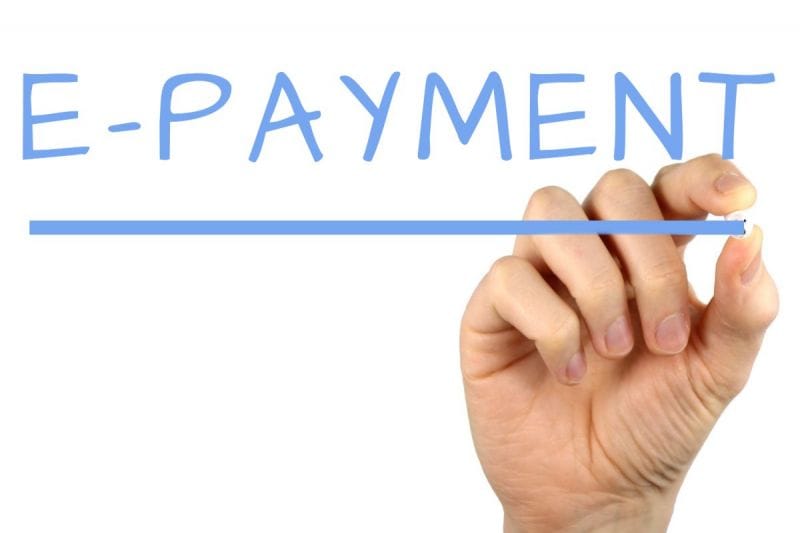New Delhi: In yet another move to curb pollution, electric car users will be permitted to pay for charging of their electric vehicles through digital means, following the government accepting the recommendations of an expert committee, informed sources here said on Sunday.
The Committee for Standardisation of the Protocol for Charging Infrastructure, set up by the government, has also recommended adopting uniform standards for electric vehicle (EV) charging stations in the country so that EVs of various models by different manufacturers can be charged at any station.
“The customers need to be billed for the charging and payment needs to be made. There are multiple options, including debiting the user’s account based on VIN (vehicle identification number).
“Direct debiting the funds to user’s equipment based on VIN will be adopted. Alternately, a mobile application to be defined, which allows a user to charge using BHIM or Bharat QR code or other digital payment schemes specified by Indian Government, to be used both for AC (alternating current) as well as DC (direct current) chargers,” the committee said in its report.
In this connection, the report suggested that metering be done as per units consumed for charging each vehicle, along with a grid-responsive billing.
The committee also advised setting up a massive charging infrastructure for EVs, while the government has adopted the panel’s report on Bharat Public EV Charger Specifications, the sources said.
A study by the Society of Manufacturers of Electric Vehicles (SMEV) released earlier this week showed Gujarat, West Bengal, Uttar Pradesh, Rajasthan and Maharashtra have emerged as the top 5 states in EV sales.
Its survey of EVs sold during the last fiscal showed that 1,926 of these were sold in Maharashtra, 2,388 in Rajasthan, 2,467 in Uttar Pradesh, 2,846 in West Bengal and 4,330 in Gujarat, which made it the to the top in bringing the maximum number of e-vehicles on road.
“In addition, 25,000 e-vehicles were sold across India between 2016-17,” an SMEV release said.
“As far as other states are concerned, there is a dire need for them to go electric on an urgent basis,” SMEV Director (Corporate Affairs) Sohinder Gill said in a statement, adding that challenges such as delay in subsidies and weak infrastructure need to be addressed.
State-run Energy Efficiency Services Ltd (EESL) announced earlier this month it will invite bids for supply of a second lot of 10,000 e-vehicles around March-April next year. Electric car makers Tata Motors and Mahindra & Mahindra had emerged as successful bidders in its first tender for 10,000 cars finalised last month.
The governments’s National Electric Mobility Mission Plan launched in 2013 aims at gradually ensuring a vehicle population of about 6-7 million electric and hybrid vehicles in India by 2020. The vision enunciated two years ago is for India to have 100 per cent EVs by 2030. However EESL Managing Director Saurabh Kumar said the major roadblock in realising this vision is the lack of e-vehicle charging infrastructure.
IANS

